Solo Leveling and Gamification: When Leveling Up Transcends Fiction
Discover how "Solo Leveling's" level system connects with real gamification technologies and how these concepts are transforming education, work, and personal development. From augmented reality to brain-machine interfaces, explore the future where leveling up isn't just for games.
ANIMEVIRTUAL/AUGMENTED REALITYGAMES
By Nova 'Quantum' Valen
3/29/20255 min read
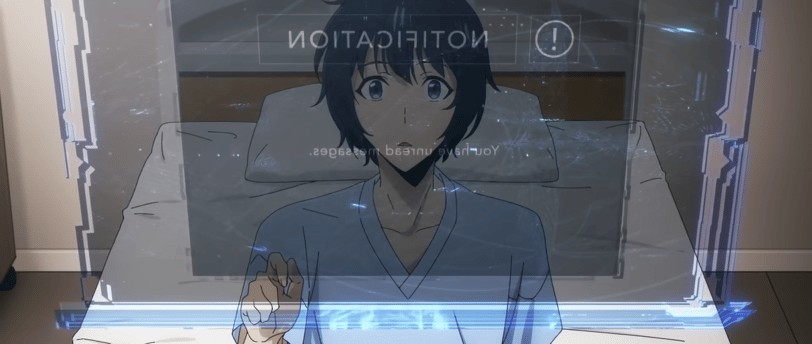

Have you ever imagined waking up one day to see a holographic panel floating in front of you, displaying your personal stats, unlockable skills, and daily missions? This reality, which seems pulled directly from the pages of "Solo Leveling," might be closer than we think. As an observer obsessed with the thin line between fantasy and technological reality, I can't help but wonder: how far can we take gamification in the real world?
The Leveling System in Solo Leveling: More Than Fantasy
For those who haven't yet dived into this universe (seriously, what are you waiting for?), "Solo Leveling" presents a world where hunters face monstrous portals and can "level up" as in an RPG, enhancing their stats, unlocking new abilities, and even resurrecting the dead as shadow soldiers.
The protagonist Sung Jin-Woo starts at the lowest possible level (E-rank) and, after a near-fatal encounter, gains access to a unique system that allows him to evolve without limits. It's every gamer's dream: quantifiable progress, tangible rewards, and instant feedback.
But what seems like pure fantasy conceals concepts deeply rooted in our psychology that are already being implemented around us.
System Elements That Fascinate Us
Visible and measurable progress: Increasing numbers that validate our efforts
Scaled rewards: The satisfaction of unlocking new abilities
Immediate feedback: The system recognizes each achievement in real time
Engaging narrative: A greater purpose that gives meaning to progress
I confess I've caught myself wishing for an experience meter after completing daily tasks. Would be so much more satisfying, wouldn't it?
Gamification Is Already Among Us (And You Haven't Even Noticed)
While we wait for technology that will materialize personal status holograms, gamification has already infiltrated our daily lives in subtle and ingenious ways. Don't believe it? Let's examine:
Fitness Apps: Your Real-Life Stats
That running app you use? It's basically a leveling system for your physical abilities. When it shows you've beaten your distance record and unlocks a new badge, it's activating exactly the same reward centers in your brain that are stimulated when Jin-Woo levels up.
Strava, for example, has transformed exercise into social competitions. Zombies, Run! goes even further and creates an apocalyptic narrative where your runs become survival missions. It's "Solo Leveling" without the graphics, but with real sweat.
Image: Scene from the official Solo Leveling trailer © 2023-2024 Crunchyroll/A-1 Pictures
Duolingo and the Gamification of Learning
Duolingo's persistent owl isn't just an annoying mascot (forgive me, Duo). It represents a sophisticated gamification system that transforms language learning into a journey of levels, rewards, and social competition.
The sequence of rewards, limited lives, weekly rankings – all these elements borrowed from games create an addictive experience where the "accidental" byproduct is you learning French or Japanese.
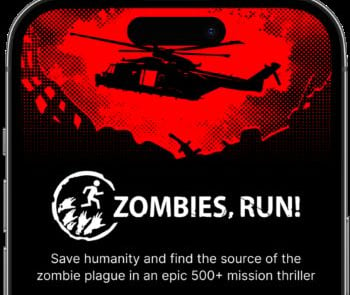

Image: Strava app interface showing a run record in the Western States region © 2018 Strava, Inc.
Image: Screen from the Zombies, Run! app displaying the survival mission theme © 2011-2024 Six to Start/Naomi Alderman
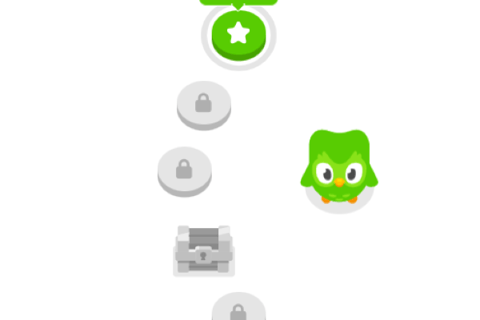

The Future of Gamification: When Real and Virtual Merge
Now comes the part that keeps me up at night (literally, I've spent nights theorizing about this): how far can we take these concepts?
Augmented Reality: The Prelude to the System
Augmented reality glasses are rapidly evolving. Devices like Apple Vision Pro and Meta Quest 3 already allow digital information to be overlaid onto the physical world. We're not that far from being able to visualize "status" and "missions" superimposed on our reality.
Imagine waking up and seeing your task list floating like a game interface, with real rewards associated with each achievement. Microsoft has already experimented with this in corporate environments, gamifying repetitive tasks to increase productivity.
Neuroinformatics: The Real Game Changer
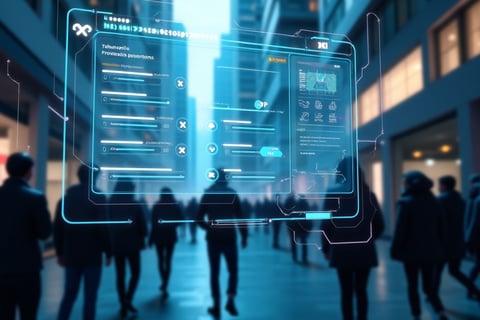

Image: Starting screen of Unit 1 in the Duolingo app showing the learning path with the green owl mascot © 2024 Duolingo, Inc.
If we truly want to bring our reality closer to "Solo Leveling," we'll need to advance in the integration between brain and computer. Elon Musk's Neuralink and other neuroinformatics companies are working to create direct interfaces with our nervous system.
The initial goal is medical, but the potential applications are unlimited. A system that can directly monitor and influence our physical and mental state could, theoretically, create a leveling system based on our actual performance.
I confess this prospect leaves me simultaneously terrified and fascinated. Like any transformative technology, the potential for good and evil is immense.
Ethical Gamification: The Limits We Need to Establish
Before we get too excited about the idea of becoming S-rank hunters in the real world, we need to consider the ethical implications of these systems.
The Problem of Human Quantification
Reducing complex human capabilities to simple numbers and metrics can be dangerously reductionist. Not everything that matters can be easily measured, and not everything that can be measured truly matters.
As scientists and developers, we have the responsibility to create systems that recognize human complexity, rather than forcing us to fit into simplistic models.
Digital Inequality in Leveling Systems
In "Solo Leveling," Jin-Woo receives an exclusive system that other hunters don't have access to. In the real world, this would translate to unfair advantages for those with access to the best self-improvement technologies.
We already see this today with premium productivity and health apps that create a division between those who can and cannot pay. How will we ensure these systems are democratic?
How to Implement Gamification in Your Life (Without Waiting for the Future)
While neural implants and advanced AR glasses don't reach the consumer market, there are ways to bring elements of "Solo Leveling" into your routine:
Create your own leveling system: Establish measurable milestones for your personal or professional goals.
Implement tangible rewards: Associate real prizes with your achievements.
Visualize your progress: Use habit apps like Habitica that already gamify personal development.
Form your "guild": Share goals with friends to create the social element that drives progress.
The Call to Adventure
As someone who has spent life between science books and fantasy manga, I see gamification as the perfect bridge between these worlds. Just as Jin-Woo faced his growth journey in "Solo Leveling," we're on the threshold of a new era where our personal development can be quantified, visualized, and accelerated.
The technology that will enable this is rapidly evolving, but the most important question isn't technical, but philosophical: what kind of "game" do we want to create for ourselves? What values do we want to encourage?
Perhaps the true "leveling up" isn't in the numbers we can measure, but in the wisdom to choose the right games to play.
Nova 'Quantum' Valen is a researcher of emerging technologies and an avid consumer of science fiction. When not testing the boundaries between the possible and the imaginary, she can be found playing RPGs or theorizing about how to implement anime magic in the real world. Follow her for more explorations on the frontier of technology and imagination.
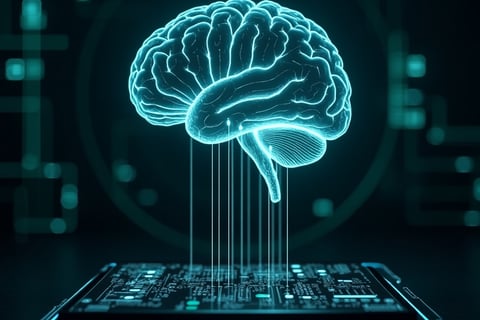



About us
Exploring science fiction and real technology.
Contacts
Geek
contato.realtechfiction@gmail.com
© 2025. All rights reserved.
